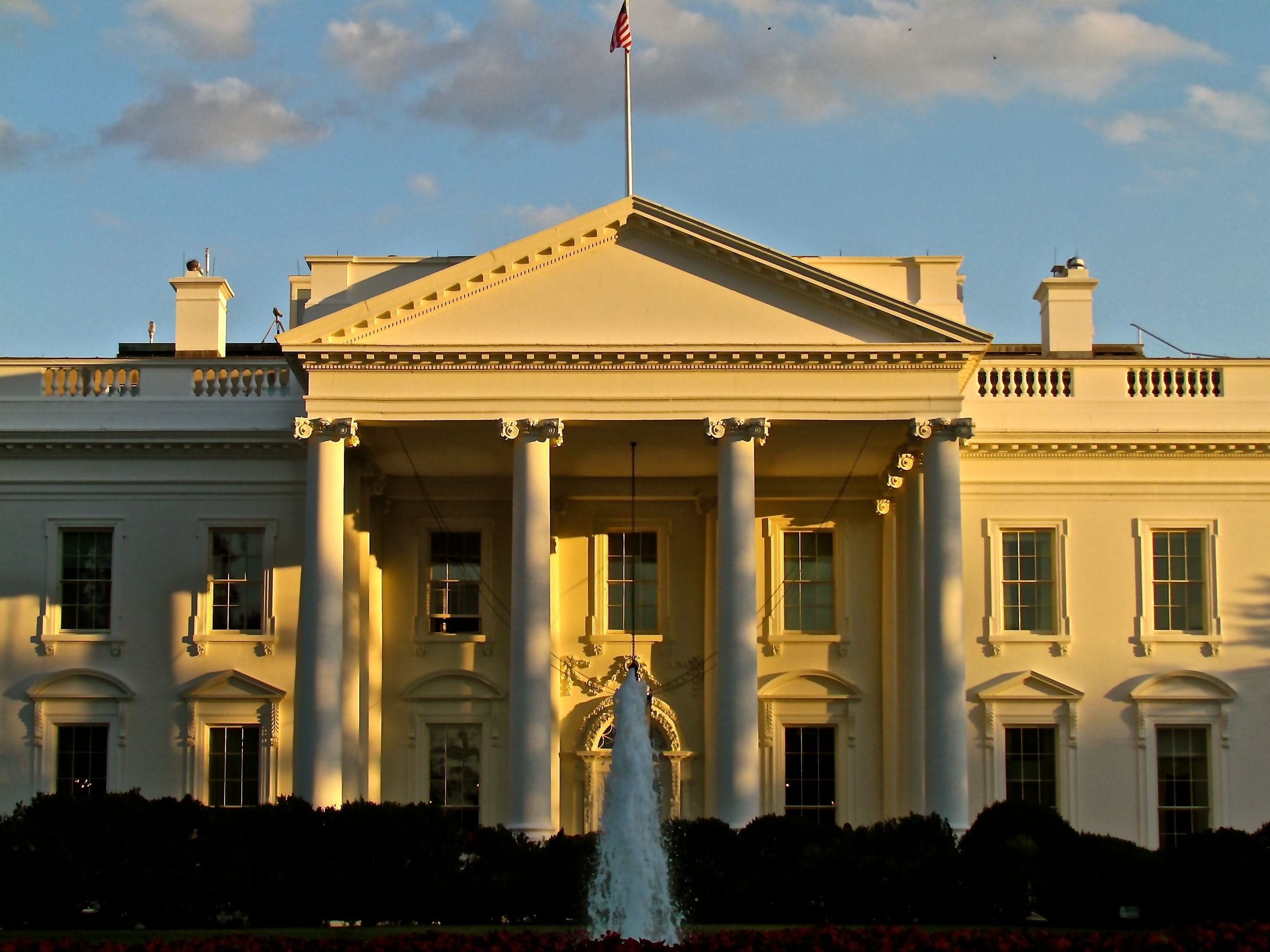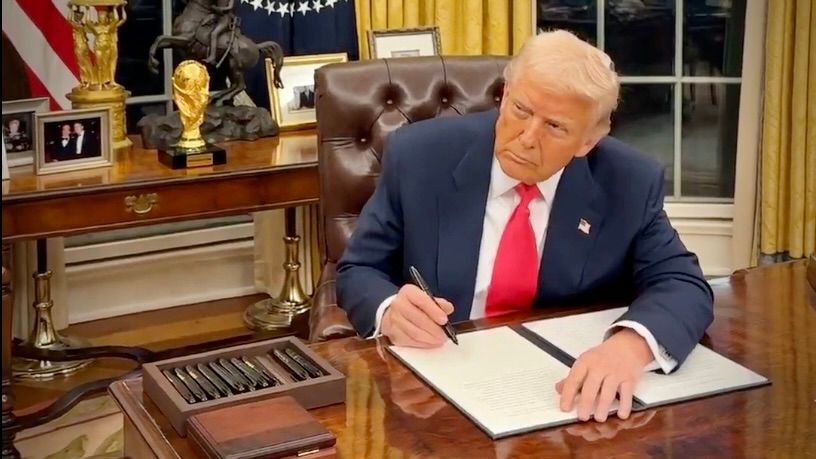El Salvador’s Bitcoin Education Program: A Key to its Success
El Salvador’s bold move to make bitcoin legal tender in 2021 sent shockwaves around the world. As a result, the country has made significant progress in its cryptocurrency adoption journey, establishing a bitcoin reserve worth approximately $630 million, creating a robust regulatory framework, and attracting major players like Tether to relocate their headquarters.
Education: The Backbone of El Salvador’s Success
According to Stacy Herbert, director of El Salvador’s Bitcoin Office, the country’s most rewarding success has been its extensive Bitcoin-centric education program. The program aims to produce skilled Bitcoin engineers, who are in high demand by companies like Tether and Bitfinex.
Herbert explained that the idea is to create a positive feedback loop, where graduates find employment and become friends, fostering a tech-savvy community in San Salvador. This, in turn, attracts more companies to set up shop in El Salvador, creating a demand for skilled professionals.
Bitcoin Education: A Nationwide Program
Herbert’s CUBO+ program has been instrumental in rolling out Bitcoin education across the country. The program initially targeted five high schools but has since been expanded to a nationwide level.
Students are taught how to set up Bitcoin and Lightning Network nodes, as well as the technical details behind ASICs. The ASIC lessons have been particularly well-received, with students able to hold and understand the technology in a deep way.
Bootcamp for Bitcoin Enthusiasts
CUBO+ also runs a rigorous bootcamp, which delves into Bitcoin theory, history, and philosophy. The program accepts around 100-125 applicants, who receive university credits for attending. From this pool, 21 students with the best technical skills are selected for further education.
Somewhat remarkably, 100% of the inaugural year’s students found employment, with some earning close to $4,000 per month. This is significantly higher than the average starting salary for computer science graduates in El Salvador, which is around $600 per month.
Government Support for Bitcoin Education
CUBO+ has received strong support from the government, with close to 80,000 civil servants taking three-day Bitcoin certification courses. Another program is set to roll out in schools, covering topics such as artificial intelligence and robotics.
Herbert believes that this education lays the foundation for a strong economy, shifting the mindset of the population towards understanding sovereignty and independence.
Future Plans and Expectations
Despite the recent agreement to wind down the bitcoin wallet and make bitcoin payments acceptance voluntary in the private sector, Herbert remains optimistic about the country’s future.
She expects the government to accelerate its plans, with President Bukele’s vision for a renaissance in El Salvador. Herbert believes that other countries will have to work hard to keep up with El Salvador’s initiatives, which are already bearing fruit.
Conclusion
El Salvador’s Bitcoin education program has been instrumental in driving the country’s adoption of cryptocurrency. By producing skilled professionals and attracting major companies, the program has created a positive feedback loop that is expected to continue driving growth.
FAQs
Q: What is the goal of El Salvador’s Bitcoin education program?
A: The program aims to produce skilled Bitcoin engineers and create a tech-savvy community in San Salvador.
Q: How did the program get started?
A: CUBO+, led by Stacy Herbert, was spun up in 2021, shortly after bitcoin was made legal tender in El Salvador.
Q: What are the key topics covered in the program?
A: Students are taught how to set up Bitcoin and Lightning Network nodes, as well as the technical details behind ASICs.
Q: How has the program been received?
A: The program has been well-received, with 100% of the inaugural year’s students finding employment.
Q: What is the government’s role in supporting the program?
A: The government has provided strong support, with close to 80,000 civil servants taking three-day Bitcoin certification courses.









